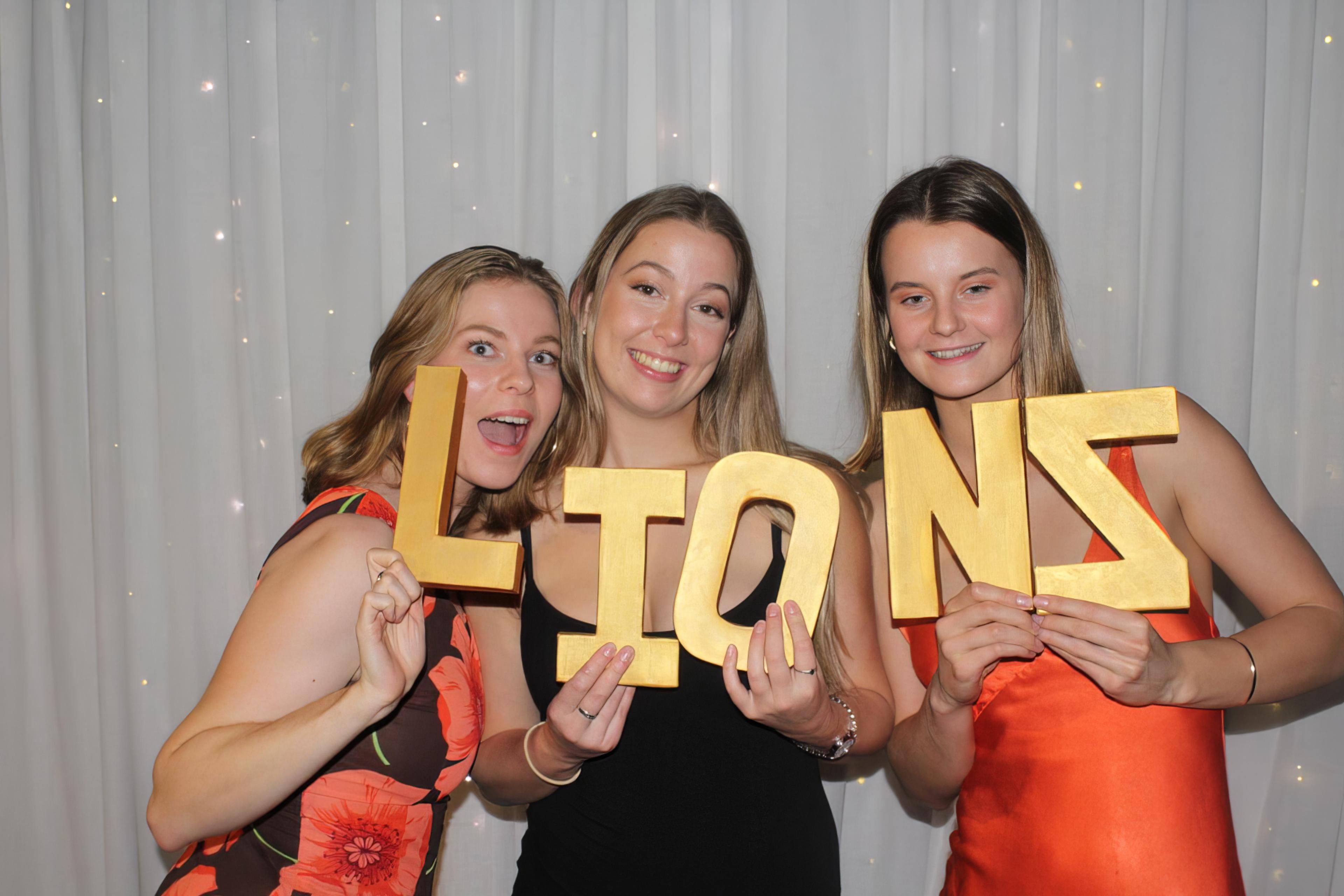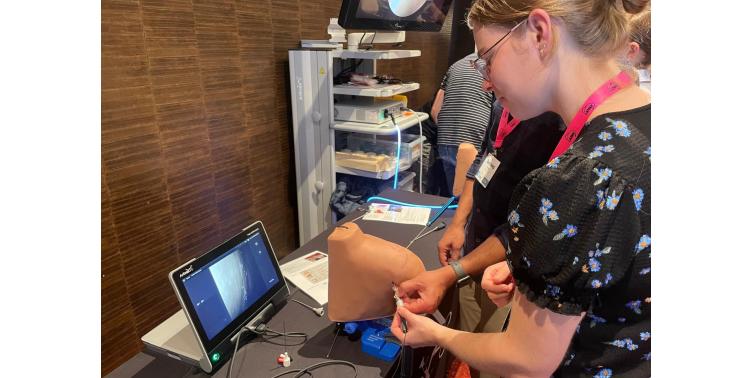My Journey In Medicine So Far
I had no idea that I wanted a career in healthcare. In high school, I studied music, languages and English based subjects, and didn’t think I had an interest in the sciences. It wasn’t until I’d had a year off after high school and was working in music and some part time jobs in other industries that I realised healthcare might be the right decision for me; it involved working with people, helping others and using my brain to problem solve. Furthermore, I discovered in first year health science at Otago University that I actually really loved science, and I just hadn’t had proper exposure to what it could be in previous years!
As I progressed through the first three years of my medical degree (the ‘preclinical years’), I loved what I was studying, and started to develop a keen interest in anatomy, sports medicine and working with my hands in the dissecting labs. I also discovered during this time that I was less enthused about the areas of medicine in which the problems were microscopic; I needed to be able to see a problem in order to fully understand it, and loved being able to identify a condition through physical examination and scans. The first block of teaching we had during this time was musculoskeletal, during which we had some teaching from orthopaedic surgeons. This was my favourite part of the preclinical years by a long shot, however I was unsure if this was due to it being enthusiasm for learning early in the degree, or a genuine interest for the specialty.
Coming into my first year of clinical experience as a fourth year student, I started to become quite disheartened. My peers seemed to have a much greater level of enthusiasm for medicine than I did, and while I still liked what I was doing, I would always take any opportunity that came my way to leave early and get into the outdoors instead. I also tended to avoid the question “what do you want to specialise in when you leave medical school” with vague answers of “I’m not sure, but these are the specialties I’ve ruled out…” as I hadn’t yet had proper clinical exposure to what truly interested me; sports medicine and orthopaedics. Finally, in fifth year, I had my orthopaedics run, and discovered the passion for being at the hospital that my peers had in fourth year. For the first time, I got excited about turning up early, I always asked to stay late, I actually read the recommended readings and I signed up for additional clinical opportunities (something that I had never before in my degree!). I had finally found my niche, and started to get excited about the amazing career before me.
Being A Female Fifth Year Student In Orthopaedics
While I loved what I was learning on the orthopaedics run, and was (finally) truly excited about what I was doing, there were some challenges to being a female fifth year student in this space. Firstly, just like with the other surgical specialties, the registrars spent a lot of time telling the medical students that we shouldn’t pick this as a career if we wanted a career in which we would be able to have any time for a life outside medicine. There was also a common theme imparted from some of the male SMOs to the female students that having babies and being in a surgical specialty training programme were not two things that mixed. Furthermore, there weren’t many female role models who had done this, as only 5% of orthopaedic surgeons in New Zealand are female; the lowest percent for any of the sub-specialties in New Zealand! It was for this reason that spending a day in theatre with Nikki Hooper was so special, as it was the first time that I realised that females can, and do, have the ability to have incredible careers while also taking time to spend with family. It’s just a matter of spending your time wisely!
How I Came To Be At LIONZ
I was incredibly lucky, and managed to be one of the three students fully sponsored to attend the LIONZ conference this year. Myself and two of my colleagues had flights, accommodation, the conference tickets and the gala dinner funded - it's the first year that orthopaedic industry partners have enabled this for students! After a discussion with Nikki Hooper in theatre, in which I mentioned my keen interest in orthopaedics, the ball started rolling and I got the offer from Mathys/Enovis for a full sponsorship for the event.
If it wasn’t for their support, there’s no way that I would have been able to afford getting to Auckland for the weekend, and for this I’m incredibly grateful! It was an inspiring, eye opening, amazing couple of days, and I sincerely hope that other students are able to have this experience in the future. We had the opportunity to speak to some legends in the world of orthopaedics, to gain some practical skills at the workshops and just generally get excited about what our careers might hold!
LIONZ Forum 2024
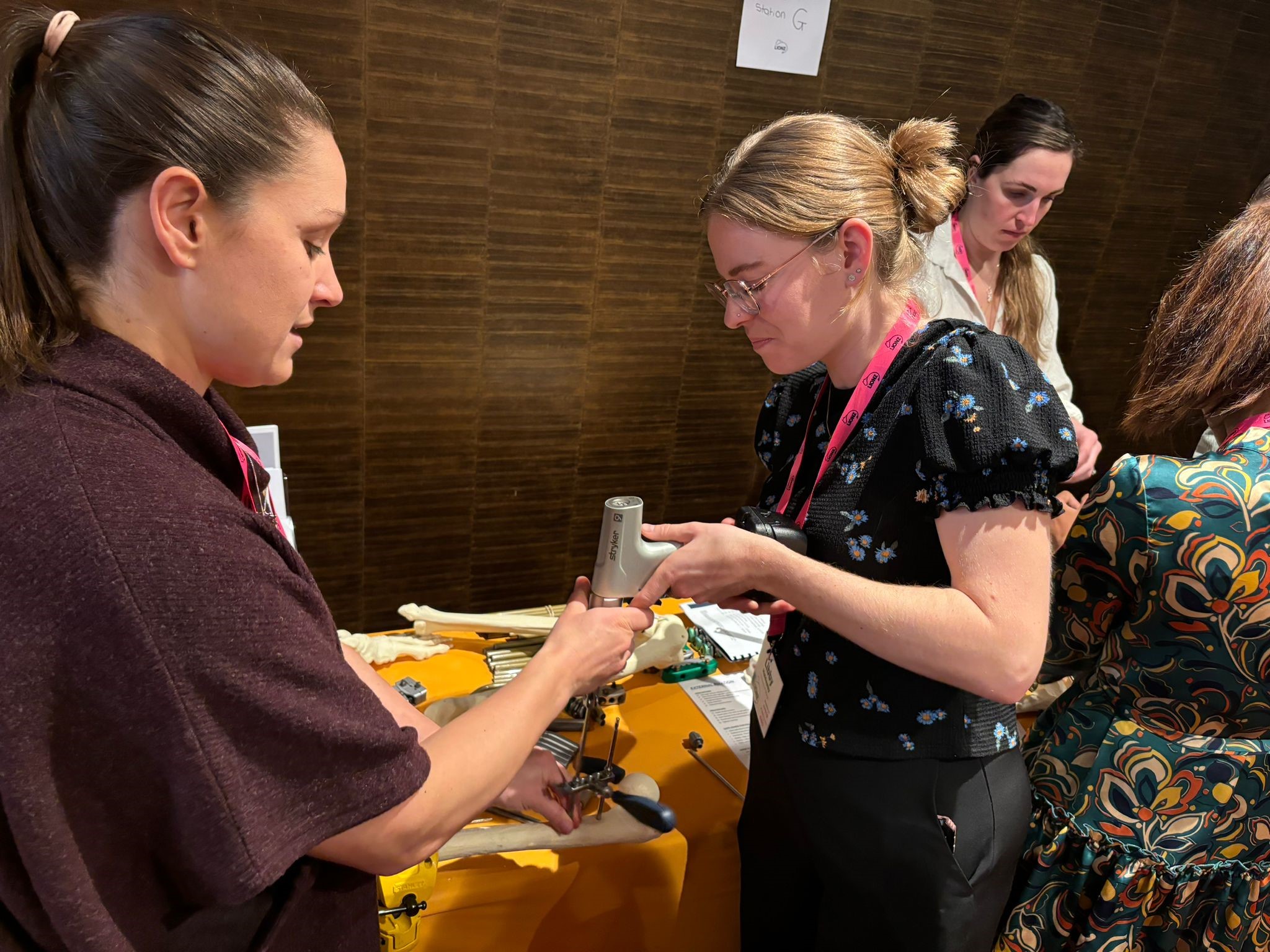
Saturday morning saw myself and my two Christchurch colleagues heading excitedly downstairs to begin the bone workshop - a practical session in which we were able to learn some new skills and experiment with power tools to our hearts content!
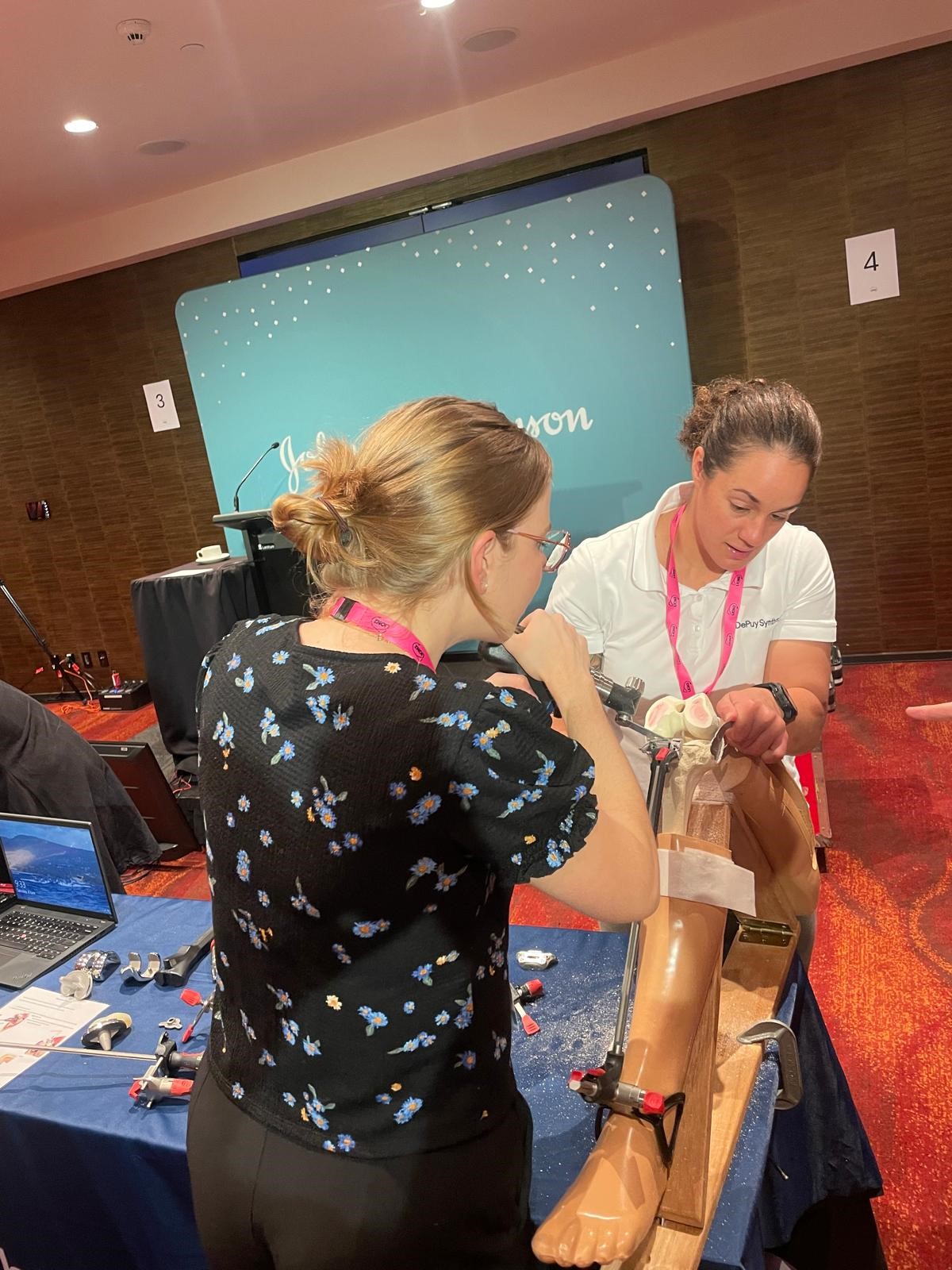
From putting in dynamic hip screws to cutting away the top of a tibia for a knee replacement, we got to do a little bit of everything.
We even had the chance to play around with the arthroscopy, and (tried) to get a feel for the intricate work that this involves.
All of the volunteers supporting the sessions were super enthusiastic, and more than happy to show us students how everything worked step by step.
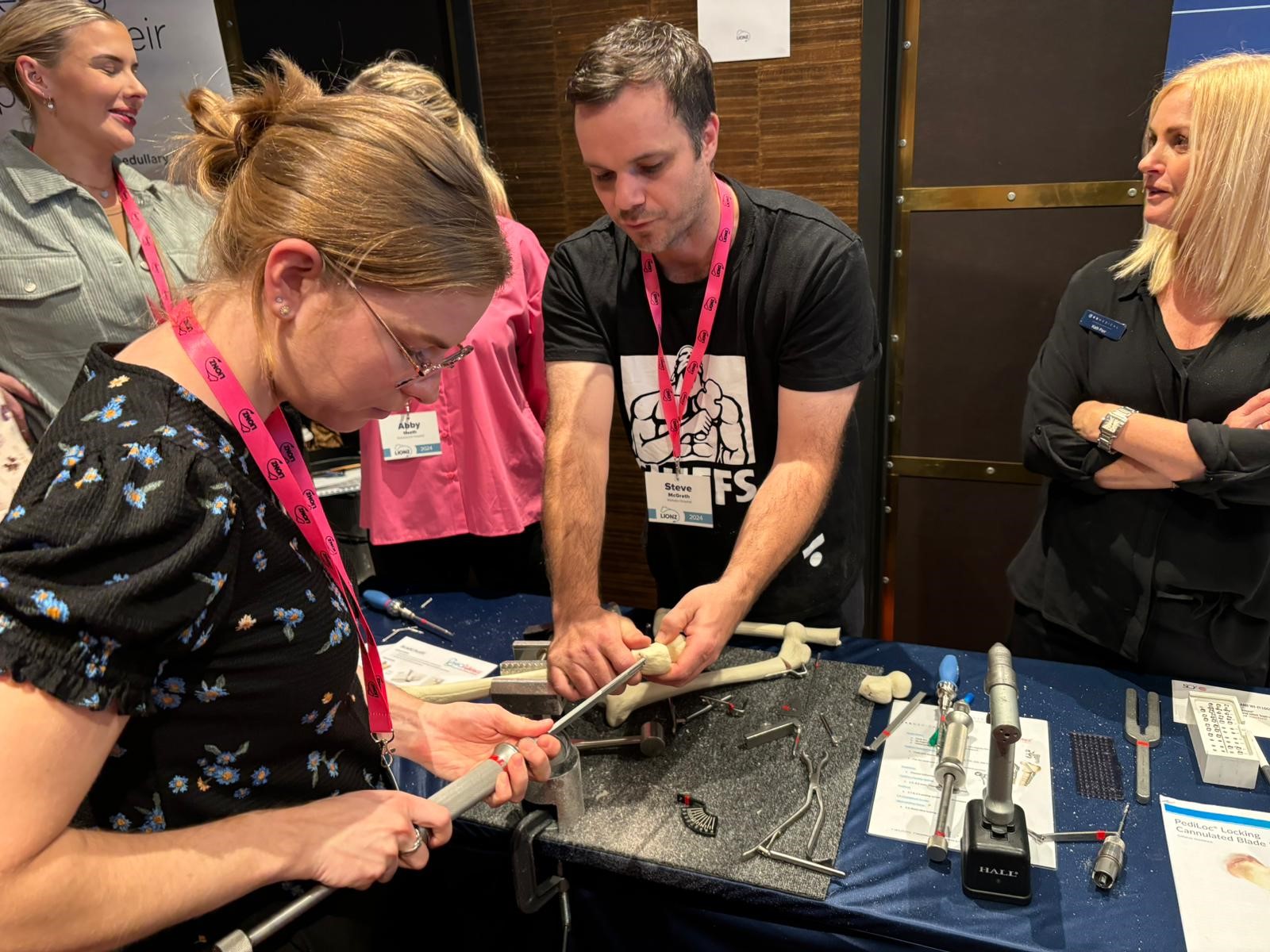
In the afternoon, we heard a number of talks from some inspirational speakers. First, we listened to Michelle Dickinson give a talk on why it is important to inspire the next generation of females in male dominated industries. Next, Melanie Johns spoke to us about what professional supervision is, and why we should use it. This was followed by Lily Garcia presenting her research on pregnancy and the associated risks of being a pregnant female in an orthopaedic theatre, and finally we had Phil McChesney who spoke about the different reproductive technologies available.
The evening was also an awesome chance to speak to more incredible people, as we were lucky enough to have tickets to the gala dinner sponsored as part of our package. This was the perfect opportunity to speak to more amazing women living out the career that we are hoping to embark on, and get a feel for what it is actually like from the point of view of other females.
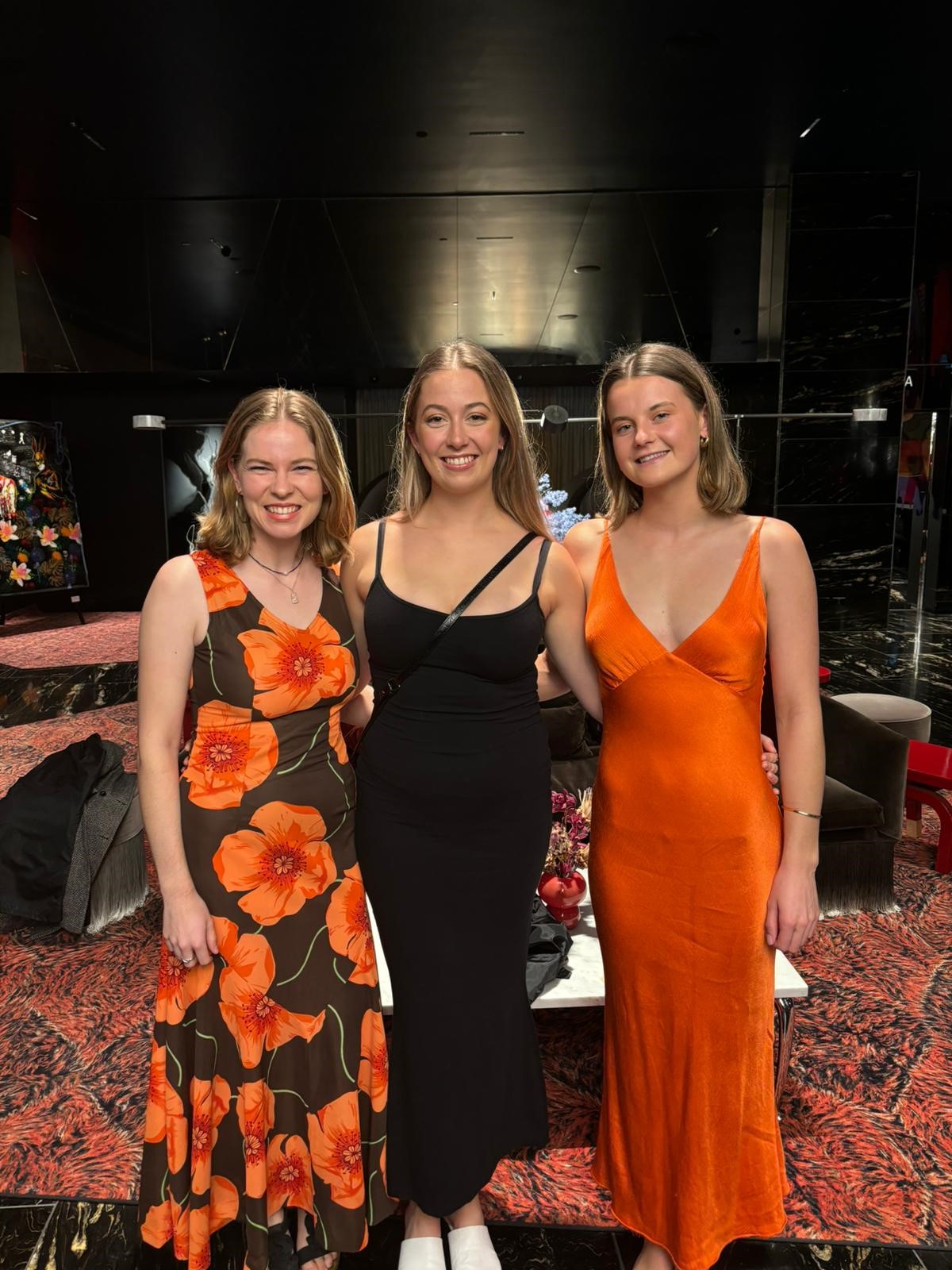
Key Takeaways From The LIONZ Forum
I went into the LIONZ conference knowing that I would enjoy it and learn a lot, but I didn’t realise just how incredible it would be until I was there. To be surrounded by passionate, hard-working, driven women having discussions about a common interest was empowering, and I loved every minute of it.
The first big learning for me was that even though 5% doesn’t sound like a big number of females in the industry, it is still a huge number when many of them are in the same room, and it is growing faster than ever before! Orthopaedics truly is an industry that women can thrive in, and I’m excited to see where it progresses over the coming years. I didn’t realise until attending LIONZ 2024 how important it is to speak up about our interests as a female student; the more of us that start talking about the careers we are passionate about the more accessible they will start to become. It might feel like there is a stigma around saying we want to do a surgical specialty as a female, but that stigma is decreasing by the day.
It is also important to be enthusiastic about our passions in order to inspire the more junior members of our class. I’ve had several experiences with female consultants over the last 18 months in which I’ve been treated poorly from females who clearly had to work very hard to get to where they are today, and they unfortunately take this out on the cohort below them. We need to stop trying to make others do it as hard as the prior generation, and start paving the way for more females to join the (already growing) surgical specialties programmes.
Another key learning was that we, as females, need to make sure we don’t perpetuate the stereotypes that (some) of the orthopaedic surgeons are imparting on us. It is all too easy to laugh off the comments about orthopaedics only being for people who are muscly, or that females belong at home looking after their money-earning husbands, but laughing at these comments is not going to change anything, and we need to start being brave enough to stand up for ourselves in order to start breaking down some of the barriers.
As someone who is pretty family minded, it was also awesome to hear women speaking openly and honestly about what it is like having children in surgical specialties. Speaking to women who had babies during their training years, women who waited and had different fertility treatments, women who are both career focused and family focused and women who decided that they were going to prioritise family time and just pay someone to help with cooking and cleaning was awesome to hear, as these aren’t discussions that we commonly have in the workplace. It was also good to hear people say that we shouldn’t be scared of not having as much time outside of work as in the other specialties, as there are role models out there if we look for them. If this is a career we are passionate about trying, everything else will fall into place!
The talk from Lily Garcia was also pretty eye-opening, as she presented her research on the dangers of being pregnant in an operating theatre. She spoke about the dangers of extended time on feet and preterm labour, and what exposure to surgical smoke, radiation and nitrous oxide can do to a growing foetus. This research was not something that I had previously thought about, as it is not something that is readily discussed at medical school, but is something that we need to start making public knowledge so that simple interventions and more education can stop this from being a barrier to females in the industry. There are easy fixes for many of these risk factors, and if more of these discussions can start taking place right from medical school, it won’t need to be a factor for females when making future decisions about our careers.
The final takeaway for me is that as medical students, we shouldn’t stress if we haven’t found our niche yet; it will happen when it happens! As someone who spent most of fourth year worried that I wasn’t as enthusiastic as my peers, I know it can be terrifying to be surrounded by people who seem like they have their life planned out, however everyone will find their niche eventually. Whether that be during a run later in medical school, or while experimenting as a house officer, it’ll all fall into place when we least expect it as long as we surround ourselves with passionate people.
What Next?
I’m not sure where exactly I’ll be in the future, but attending the LIONZ forum 2024 definitely reinforced the fact that orthopaedics is (for the moment) at the top of my list! I’m very aware that as a fifth year medical student I’m super early in my career, and I’m sure I’ll continue to add to my list of possibilities as I continue through my training, but I’ve come away inspired that for whatever I decide to do, I have an exciting career ahead of me surrounded by incredible people. Medicine is an amazing career filled with possibilities, and I’m lucky enough to be doing it as part of a generation that is changing what it is looking like for the better.
I’m hugely grateful to Mathys/Enovis for sponsoring me to attend this event, and I sincerely hope that they continue to sponsor students to attend in the future. It’s important that we continue to inspire the next generation of female students, and I’m excited to be a part of this change!
